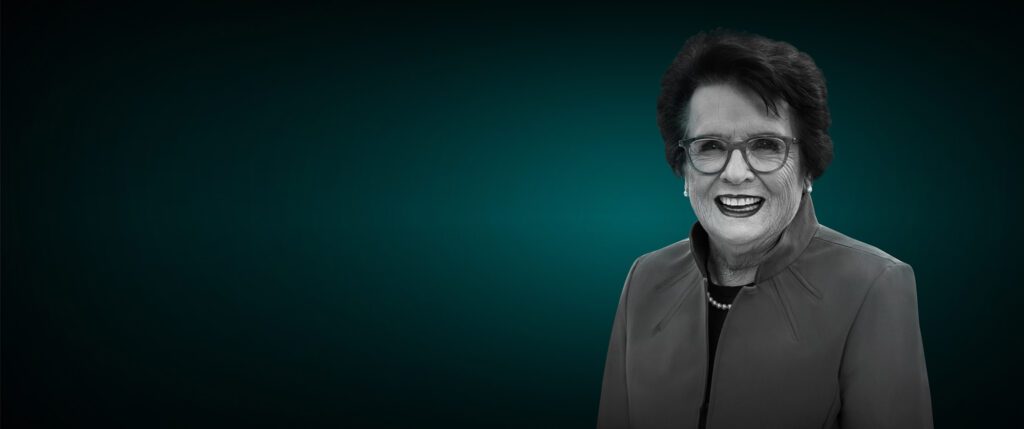EDGE Certified companies are serious about putting gender and intersectional equity at the heart of their business strategy. We sat down with Christopher Bylone, Global Director of Diversity, Equity & Inclusion at International Flavors & Fragrances, to ask about today’s hot topics in DE&I.
EDGE: What’s currently at the forefront of organizational DE&I agendas?
Christopher: Discussions on best-in-class strategies are focused on ‘equity’. At IFF equity is about recognizing the roadblocks impacting historically underrepresented groups in the workplace and purposefully working to remove them. Full equity means all colleagues across the workplace’s diversity spectrum have equitable access to and opportunity for advancement at every stage of the employee life cycle, including talent acquisition and career development.
It’s no longer enough to only focus on diverse representation. Organizations must be intentional about equitable practices at all levels. And this intentionality must focus on intersectionality. While focusing on gender equality is vital for creating a diverse, equitable and inclusive culture, it’s not enough. A DE&I strategy that’s not examining the equitable representation of women of colour, women working with a disability, LGBTIQ+ women, trans women, non-binary or individuals of other intersections, will do so at its detriment.
EDGE: How has the Covid-19 pandemic impacted DE&I advancements in organizations?
Christopher: Initial concerns were that the pandemic would negatively impact engagement, as employees and managers both took time to fully understand this new way of working. But it’s led to a shift in the way organizations think about how work gets done.
A senior IFF leader shared a great story: the shift to home office saw an already top-performing team member dramatically improve the quality of his work and outperform his peer group. She got curious and asked him what changed. His response altered her way of thinking on remote work. He told her that, as a person with autism, being in the traditional office environment takes a lot of his energy. Now that he can work from home, he can take the energy he has spent just dealing with the buzz of the office and direct it into his work.
We need to capture these positive transformations. The pre-pandemic culture of hiring-for-fit must be replaced with selecting talent that will add value to the organizational culture. This new normal is an opportunity: it opens up pipelines of talent previously ruled out by geographic limitations. Fully understanding how to access these new talent pools will take time, but it’s an opportunity to further diversify the workplace.
EDGE: Which of the positive changes and achievements do you believe will be sustainable?
Christopher: I would reframe this question to “Which of the positive changes and achievements do you believe MUST be sustainable?” Intersectionality is key here. Our world becomes increasingly complex and interconnected every day. Each of us have unique identities and experiences that shape who we are and influence our perspectives and our interactions. Too often, individuals belonging to underrepresented groups find themselves having to temper certain aspects of their identities in order to make themselves more acceptable in the workplace.
For example, in some workplaces, Black employees state they are expected to wear their hair in ways that are deemed ‘appropriate’; women also report being taken more seriously by their peers when they adopt traits that are considered more traditionally ‘masculine’; LGBTIQ+ individuals often say they have to conceal their sexual orientation or gender identity for fear of being discriminated against, or in some cases, prosecuted by the laws of their country. And for individuals that stand at the intersection of multiple such identities, this struggle becomes particularly poignant.
As an organization with a deeply held commitment towards equality and equity for all, it is imperative that IFF provides a safe space for our employees to bring their whole and authentic selves to work. It would be disingenuous of leaders to expect employees to section-off different parts of their identities and experiences to fit in with the way an organization measures progress made on diversity, equity and inclusion.
EDGE: The ESG agenda is in the spotlight. Has this allowed DE&I professionals access to new conversations in their organizations?
Christopher: From my network of fellow DE&I professionals, across multiple industries and regions, I know the conversation has shifted from fighting for measurable KPIs to providing guidance on what to include. We’ve gone beyond just ‘diversity’ KPIs: they remain integral, but there’s a strong need to also incorporate ‘inclusion’ KPIs in the tracking and reporting that is done.
DE&I has also shifted from being the ‘right thing to do’ to being increasingly demanded by external stakeholders such as investors, customers and prospective employees. In fact, research by McKinsey & Co shows organizations frequently outperform their peers financially when they are highly diverse across multiple identities, can effectively manage that diversity and foster an inclusive culture. It’s therefore logical that companies are expected to deliver transparent reports on workforce diversity and robust plans and practices to ensure continued equitable representation at all levels, including senior leadership.
EDGE: How can employees advance the DE&I agenda within their organizations? And can employee advocacy shape the long-term strategy DE&I professionals champion?
Christopher: This is a particularly exciting question. When I start my day, I ground myself in the belief that I am working on behalf of the 24,000 IFF employees all around the globe. We believe a best-in-class DE&I program is employee led – it is our DE&I volunteers who make it possible for us to create the positive change needed.
Structure is an important way to make this happen. Unlike many other organizations, we don’t have an ‘Executive DE&I Committee’ comprising of only Executive Committee members. Instead, our ‘Global DE&I Steering Committee’ comprises employees from all global locations and levels and works on behalf of the Executive Committee. The global agenda is then translated into regionally and community relevant plans by our ‘Regional Inclusion Councils’ (RICs) and ‘Colleague Communities’ (also known as ‘Employee Resource Groups’).
As a US-based DE&I professional, I am always asking myself, “How will this action/decision have a positive impact on the shop floor employee in Singapore or Chile or Slovenia?” The answer to this question is the very reason we have the RICs and Colleague Communities. They allow direct involvement of the very employees who will be impacted by new decisions or utilise new platforms. It’s crucial we involve individual contributors at every stage of the process – this ensures we create and sustain a program that is truly inclusive of their voice and expectations.





